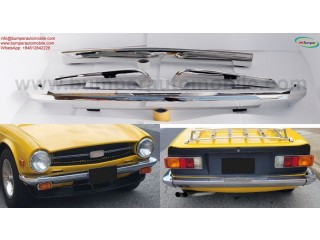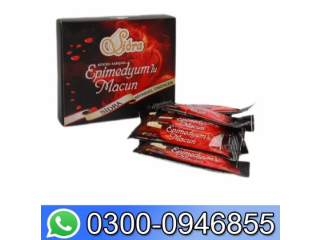PISTON CONNECTING ROD: PURPOSE, DESIGN, MAIN MALFUNCTIONS Private
3 years ago - Automobiles - Bareilly - 225 viewsThe piston rod is an element of the crank mechanism, due to which energy is transferred to the crankshaft when the air-fuel mixture is ignited. It is a key detail, without which it is impossible to convert reciprocating movements into circular ones.
Consider how this part is arranged, what kind of malfunctions are, as well as repair options.
The connecting rod works on the principle of pedals in a bicycle, only the piston rod in cylinder plays the role of the legs in the engine. Depending on the modification of the motor, the crank mechanism has as many connecting rods as there are cylinders in the engine.
Rod locking pneumatic cylinders, such as Parker's P1F Series of ISO cylinders, have been designed to hold loads safely in position in a situation where the compressed air supply fails. The rod locking feature is a mechanical function provided by a cartridge through which the piston rod passes and is mounted transversally in the rod lock unit of the cylinder.
Automotive metal stamping is a $40 billion industry today, employing more than 115,000 metal stampers at more than 700 metal stamping companies and automotive stamping plants in the United States. Sheet metal sub-assemblies have become a critical peripheral of the automotive industry, stamping parts and sheet metal components for multiple plants and varied products.
Within a typical plant, stamping presses are turning out several automotive components daily, from body panels and chassis to brake and lighting parts. Those presses likely include both hydraulic and servo presses, depending on the requirements of the job.
And because of the range of metal that can be successfully formed by traditional stamping presses, allowing manufacturers to create high-quality metal parts at affordable prices, those machines will likely live on the plant floor for a long time to come.
The car camshaft uses lobes (called cams) that push against the valves to open them as the camshaft rotates; springs on the valves return them to their closed position. This is a critical job, and can have a great impact on an engine's performance at different speeds.
The key parts of any camshaft are the lobes. As the camshaft spins, the lobes open and close the intake and exhaust valves in time with the motion of the piston. It turns out that there is a direct relationship between the shape of the cam lobes and the way the engine performs in different speed ranges.
In automotive and truck applications, forging parts are commonly found at points of shock and stress. Cars and trucks may contain more than 250 forgings, most of which are produced from carbon or alloy steel. Forged engine and powertrain components include connecting rods, crankshafts, transmission shafts and gears, differential gears, drive shafts, clutch hubs, and universal joint yokes and crosses. Forged camshafts, pinions, gears, and rocker arms offer ease of selective hardening as well as strength. Wheel spindles, kingpins, axle beams and shafts, torsion bars, ball studs, idler arms, pitman arms, steering arms, and linkages for passenger cars, buses, and trucks typify applications requiring extra strength and toughness.














